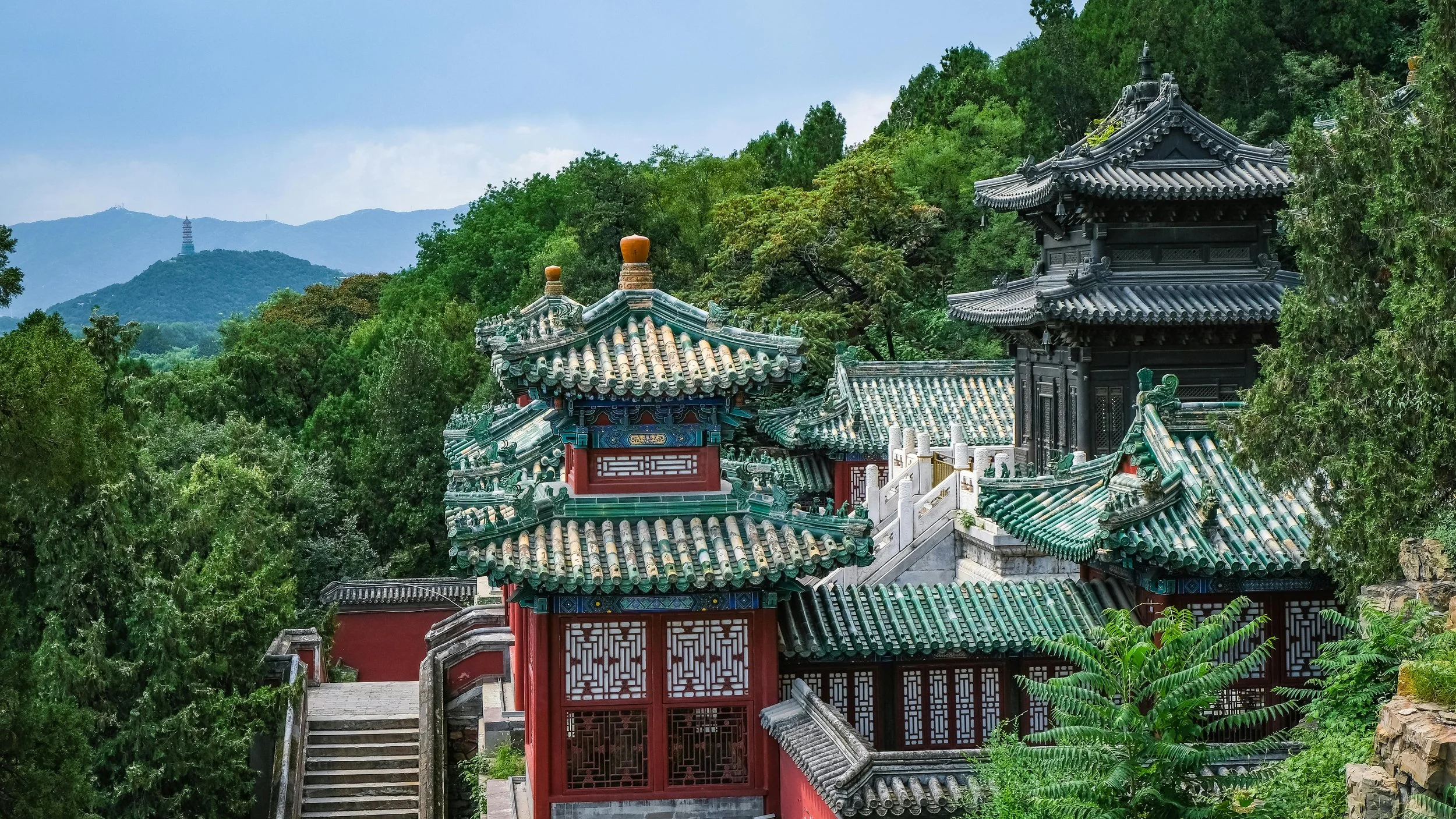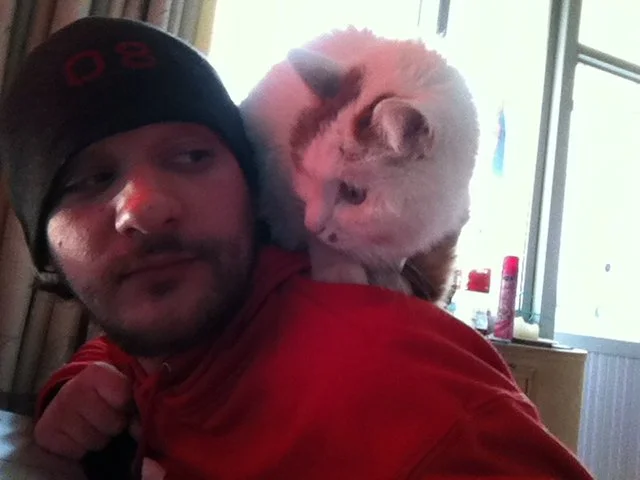Seek and Ye Shall Never Find
China’s Summer’s Palace.
When I was 21 years old, I tried my hand at being an international relic thief.
Let me set the stage. China’s Summer Palace is a sprawling complex of lakes, hills, and structures in an area of one square mile. It served as the imperial gardens during the Qing Dynasty, and is home to countless artifacts. The complex is rife with evocative stories of artistry, intrigue and wise leadership. It’s still one of my favorite places to visit in China.
Every building has a story, enumerated on plaques set against the ancient stone. One of these pavilions was the home of a spectacular statue of Buddha, the plaque explained. A sanctified piece of priceless art. But the damn thing was closed! In my immature brain, some incredible experience and/or insight existed at the top of a set of stairs, from which I was blocked by an infernal rope.
So, under the light of the midday sun, surrounded by thousands of tourists in one of the most surveilled countries in the world, I decided I was going to break in and see this damn Buddha for myself. Criminal mastermind, I am not.
Me and my partner in crime.
With my friend Kevin serving as lookout (sorry Kevin), I hopped the rope and crouch-walked up the stairs. I stayed as low as I could to hide behind the carved stone railings, crept toward the red-lacquer door and peeked through the dirt-streaked window whereupon I saw…
A bunch of brooms. It turns out the Buddha statue was moved somewhere more accessible and the pavilion was converted into a janitor’s closet. This 250-year-old structure held neither secret nor revelation.
What drove me to a life of villainy was the same impulse that convinced me to move to China in the first place. I was looking for something, an experience that held some kind of meaning. During my time abroad I did a lot of questionable things, and there’s nothing unique about that aside from the setting. We all did it.
It’s so common that it’s a trope: Protagonist runs away from home in search of great truth. This is the Seeker Archetype, romantic and tragic figures in equal measure.
There are dangers for Seekers. The desire to find a new revelation is consuming. It demands sacrifice. Furthermore, it’s my view that a defining characteristic is the thesis that “it’s never enough.” Someone whose journey eventually comes to an end isn’t a Seeker. Rather, a Seeker is driven to always pursue the deeper truth. They can achieve incredible things, but the hunger doesn’t end. As a result, Seekers find themselves in situations demanding ever greater sacrifices for an ever-elusive reward. It’s an addiction.
Now, before I overstress, there is nothing “bad” about the Seeker. We all have our challenges. So why write about it? Why is some self-important blowhard acupuncturist going on about personality archetypes?
Traditional Chinese medicine is about the pursuit of balance. A Seeker out of balance can easily find themselves suffering mentally and physically. There is no needle for ultimate truth (not that I’m telling you, anyway), but a good treatment can at least patch up some of the damage so the ship can keep sailing.
If you subscribe to the idea of energetics as drivers of personality, then manipulation of that energy may help to correct the pathological aspects of the Seeker. For instance, disharmony in the Heart-Fire drives the Seeker to create and abandon relationships again and again in search of connection. Spleen-Earth disharmonies can feed a Seeker who is constantly looking for things to consume in order to fill the emptiness inside of them. A Kidney-Water Seeker is too frightened to accept that there is no ultimate purpose, and fights to prove the opposite.
To be clear, TCM isn’t psychology and should not be used in lieu of professional help. But the indelible connection of the mind and body creates a mode of communication where change in one can affect the other. A Seeker should ask what they’re looking for, why they’re seeking it, and when it would be enough. Chapter 47 of the Dao De Jing reads:
“Without going outside, you may know the whole world.
Without looking through the window, you may see the ways of heaven.
The farther you go, the less you know.
Thus the sage knows without traveling;
He sees without looking;
He works without doing.”


